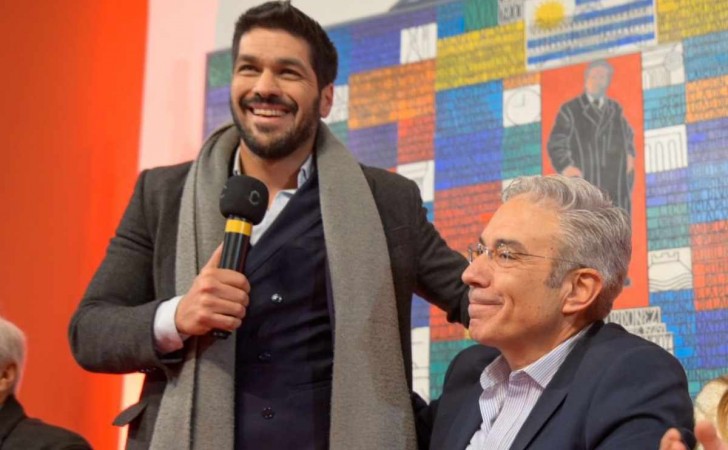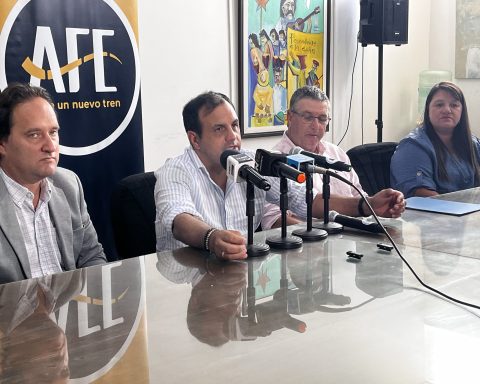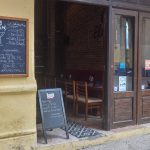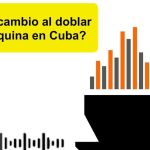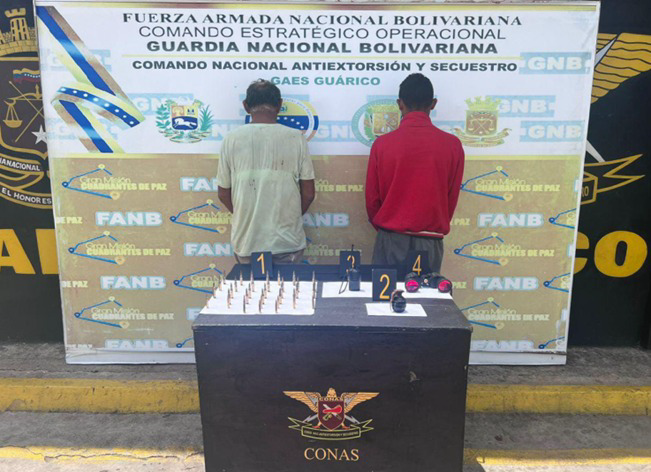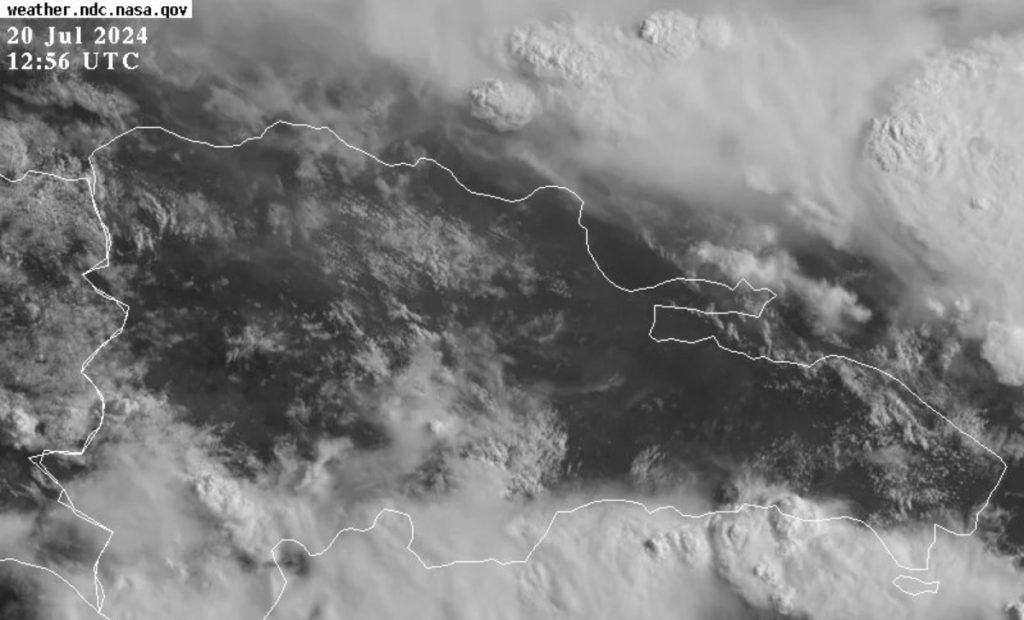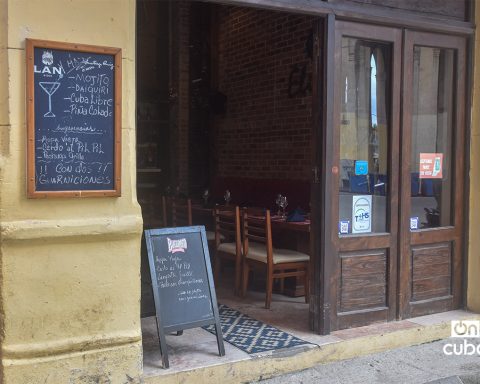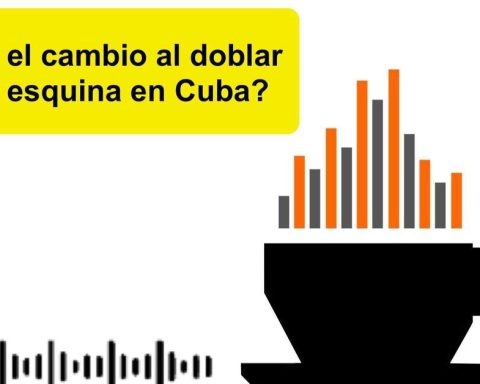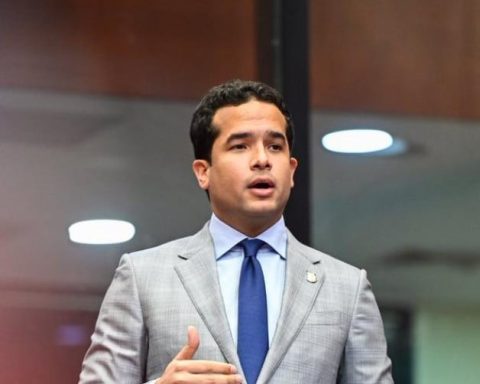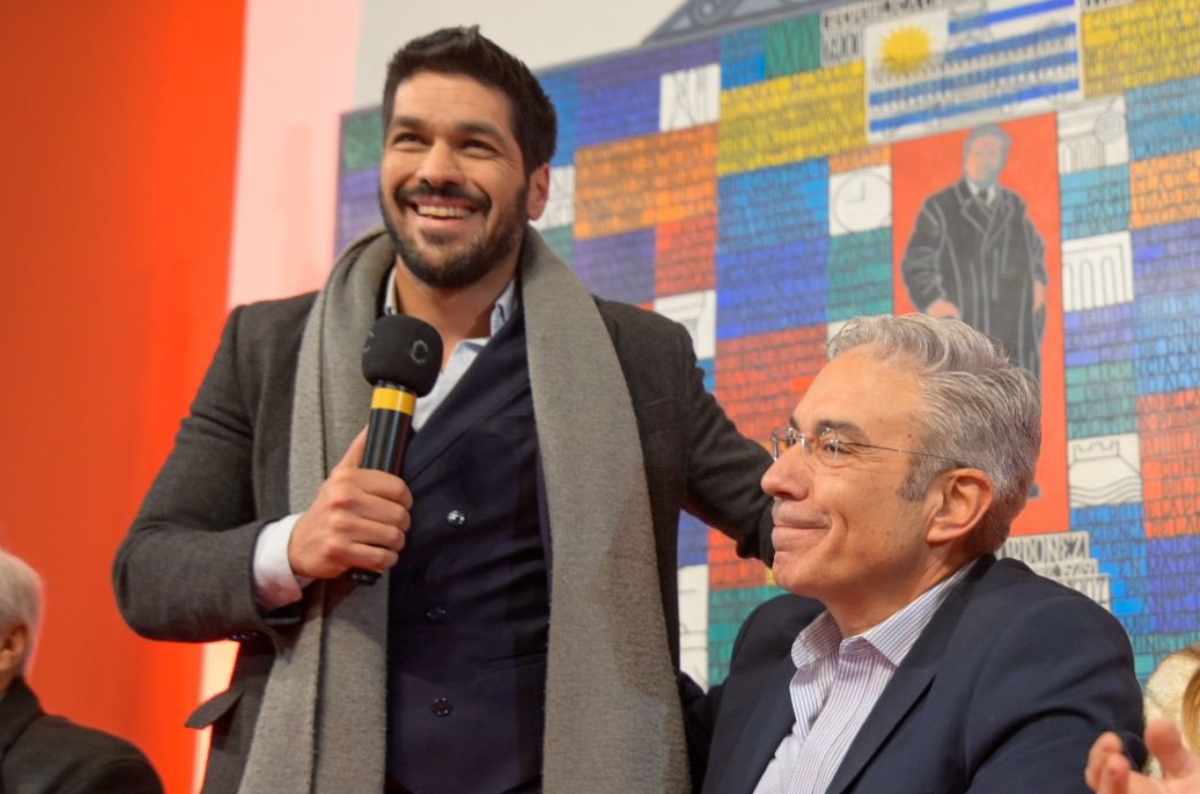
In a recent interview with the newspaper El País on Sunday, presidential candidates for the Colorado Party in Uruguay, Andrés Ojeda and Robert Silva, shared their perspectives and proposals for the future of the country. Throughout the conversation, they addressed various key issues, from electoral strategies to approaches to security and education.
Ojeda addressed the issue of the internal vote of the Colorado Party, highlighting that the performance in that process does not condition the result of the October elections. He emphasized the importance of separating both instances and pointed out the relevance of support in the final elections.
“I am convinced that the internal elections do not condition October. This is shown by the past elections: in 2009 the party cast 128 thousand votes and in October it cast almost 18%; in 2019 it cast 184 thousand votes in the internal elections and 12% in October. They are different and separate elections: one is mandatory; the other, voluntary. I am not very excited about what we voted for now; the magic number and the one that hurts is October,” said Ojeda, hoping to make a place in the second round of elections against the Frente Amplio.
Silva, for his part, stressed the authenticity and genuineness of his party, rejecting pragmatic strategies to attract votes from specific sectors. He stressed the importance of maintaining a coherent discourse and a clear presentation to the electorate.
“We have always been quite in favour of authenticity and being genuine. Going after a specific electorate with a strategy to seek a specific vote is not only difficult but it is not necessarily going to work. We have a discourse, an idea and an exposition, and that will take us where it takes us. There will not be a pragmatic, concocted strategy to go after a specific vote,” said the vice-presidential candidate and former president of Codicen during the government of Luis Lacalle Pou.
Regarding the electoral competition, Ojeda stressed that they are competing for a place in the runoff, not with figures such as Luis Lacalle Pou. He stressed the importance of unity and clarity in the competing formulas, rejecting unnecessary comparisons.
Silva also stressed the importance of renewal and unity in the coalition, presenting a proposal that is close to the citizens and projected towards the future.
Speaking about education, Silva mentioned strategies to address school absenteeism and the relevance of educational transformation for the country’s progress. He pointed out that it is essential to hold families accountable and use mechanisms to ensure class attendance.
Ultimately, both candidates stressed the importance of the territorial campaign and direct contact with citizens. Ojeda highlighted the pragmatic and renewing identity of his party, while Silva emphasized the need to take the best of different political approaches.
Ojeda and Silva, the “newest” of the right
Ojeda created a mix between a classic binary perception of politics, where parties are either left or right, and a new vision of a political melting pot where ideas, no matter where they come from, if they are good, are welcome.
“The time has come for a new politics, which is pragmatic, which takes the best from wherever it comes, which does not ask whether it is from the left or the right; it asks whether it is useful or not, nothing more. The times when we discussed Marx or Mariátegui are over; today we read Harari and Castells, that is, we look forward,” the lawyer reflected.
“So, the country has two options: either it returns to the past or it stagnates or it moves forward. We propose an option for the future, for renewal, which is what accompanies this new time. Today, one looks at the region and, no matter if it is left, right or centrist, one begins to see some common characteristics: Noboa, Boric, Bukele, Santi Peña, Lacalle Pou. New politics that is not so much influenced by whether they are left or right, but by a generational issue, by a different vision of the future,” he added.
He returned to the purist binary conceptualization to assert that “today we confront the left with the right, we confront the new with the old, and we are the newest,” since “the new today represents a coalition identity.”
Zubía is “an interesting profile” for Minister of the Interior
Regarding security issues, Ojeda addressed the possible leadership of the Ministry of the Interior, noting that it will depend on the electoral result and the leadership of the coalition. He also mentioned the importance of a firm profile in that area to face the challenges of public security.
When Ojeda was asked about possible candidates to be Minister of the Interior (Security), with Gustavo Zubía being one of the best bidders for the formula, Ojeda did not rule out that name.
“I said that I think he is an interesting profile and he said that we would have to see. There is still a lot of water under the bridge to make such a decision. I do dare to say that the management of security requires a firm attitude, someone who exudes firmness, similar to the attitude of Jorge Larrañaga, who exuded a lot of firmness in his management. Beyond management, today people want to see a firm leader, who does not hesitate when facing crime and criminals,” he replied.
